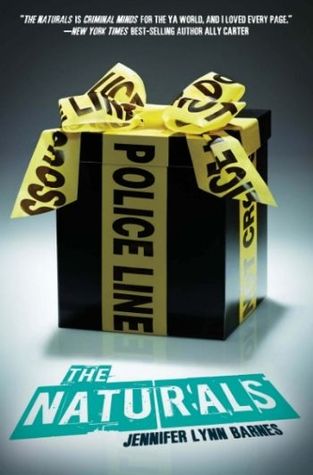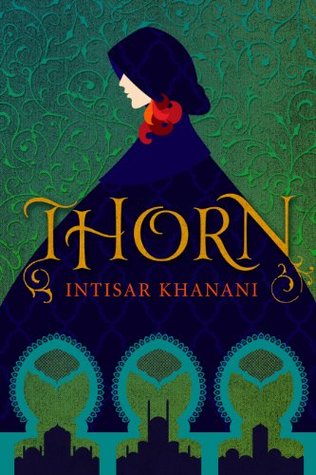Here’s what you need to know if you haven’t heard from me in a year and wonder why some things are different:
~1
As of May this year, my legal name-change was finalized, but as of last August I’ve been wearing the name Wren for a year. That is, a year ago I asked people to use a name I chose, and as it settled and fit, I realized I wanted it to be real, not just a couple nice people being my friends. The paperwork was submitted in January, and finalized in May.
This startled some people, saddened others, and some folks just rolled with it. (A couple actively celebrated with me, sending a screen shot of my updated contact info.)
It’s kind of adorable the responses I get, and the options opened up by choosing my own name. I’ve missed so many chances in the last year meeting new people (so many new people) and hearing the complement, “What a beautiful name!”
Reading jokes with my girls last week we were laughing over “bad at flirting” jokes when (in one) person A says to person B, “I love your name!” B replies, “Thanks, I got for my birthday.” And one of my girls said, “You get to say, “‘Thanks, I picked it out myself.'”
So many missed opportunities. {grin.}
~2~
In terms of family/life updates: both girls are in high school, now, and E started his (and therefore our family’s) last year at the charter school where parents have to volunteer 45 hours/school year. I’ve mentioned this place before — that I choose and read aloud poems to match the 15 attributes that the students study each year.
Well, for the last year and a half I’ve been playing guitar (along with singing) at the small United Methodist church we attend. With this experience under my belt I decided to be brave and offered to bring in some songs for the younger students. I brought a guitar (the little 3/4-size Emerald acoustic) to the k-3rd grade classrooms and played four songs over and over with my different groups. {I hadn’t taken into account when signing up that my repertoire is largely church songs, and I’m not going to be doing those at school.}
But it’s worked out. The kids seemed charmed and we all have more of an idea about what is going to happen next time.
My idea for volunteering this year is that (if I can pull it off) I super-prefer stuff I can schedule and do regularly over the scramble or back-fill. I’ve learned I do best with large chunks of time alone (hello “empty” house while kids are gone *happy waving*), and planning when I’m going to be here or gone (not randomly) is useful.
~3~
Another piece of change this year is that I started a business: Untangling Tarot. If you’re curious and/or think it’s cool — Thanks :) I’m having a lot of fun, and seeing how my work is helping and encouraging others. It’s an extension of what I’ve done most of my adult life – namely, offering language to other people for their experiences.
If you don’t approve, well, I won’t try to change your mind (trying to sell meat to vegetarians was the phrase that woke me up to the incongruity of that). Read my site or don’t, but I’m still me. {shrug.}
I’ve begun teaching introductory classes at the Folk School of Fairbanks, too. My second class in coming up in October (sold out now, as was the first one, in August), and I’ll be offering my first “Step-2” class in November.
That one will be trickier, just because it will require more shaping. “Introductory” classes have often seemed easier to me, even when I’m trying to narrow down the absolute essentials, but “next steps” work is always harder to define, because with increased knowledge and flexibility comes increased options and areas one can focus.
Even so, I’m super excited about the opportunity, and I know it’s going to be great.
~4~
I haven’t been writing fiction for a while, but now a couple of old story seeds are starting to uncurl up into sight, and I’m sorting out where they fit in with the rest of my life.
Using the cards for novel-building is one of my favorite applications, and I’m looking forward to more of that, going forward.
~6~
My areas of study continue to to include power dynamics, equality, trauma, and domestic violence (DV)/intimate partner violence (IPV). I’ve got titles that I think every Christian in leadership should read (because people *will* come to you for help, and you want to get this right), so let me know if you’re looking for resources.
It is my deep hope and heart-cry that the people of God do better for the hurting, and value women (and men) — the individuals — and their health and safety, over the *institution* (of marriage – for example). Jesus didn’t come to save institutions, and never asked his followers to prop them up at the expense of his hurting lambs.
No soapbox warnings on this blog, and no apologies: you come to my space to hear what I have to say, or you don’t come. {shrug} that’s kinda how it works.
~7~
Those are the highlights. Now that I’ve gotten you all caught up on the big stuff I might get back to blogging a bit more about the randoms and hmms, and so on.
You can also expect me to go in a bunch of other (potentially) uncomfortable directions, most of them having to do with (in)equality and my discontent with that. I haven’t been blogging for a long time in part because I was sorting my own laundry. There’s a lot of stuff baked into my life that I have had to think through, and continue to. A lot of that dust has settled, and there has been a lot of grief and private lament as a part of seeing where things are entrenched in our world.
I have things that I feel are important to share – about race, sexuality, Evangelicalism, maybe the Bible. Definitely about Story and the way it shapes us and perpetuates “intuitive” concepts about emotions, relationships and generally the way we assume the world works.
There was a hint of this from the Randomistas book review (Most recent post, more than a year ago, now), with its content about finding the right questions to ask about things that have been “above” or outside being questioned — before the randomized studies started asking these questions.
There are questions I never thought to ask of the Bible before the last 18-24 months, and some I did, but was (metaphorically) patted on the head for not having gotten past yet.
But I’ve asked, and I’ve studied, and I’ve listened, and I’ve learned, and those head pats seem more ridiculous and degrading than ever. Ten years ago I was counseled to “eat the fish and spit out the bones,” and I tried to practice that for four years before I left the church that I had to work so hard to be fed in.
Lots of “travel” and unchosen adventuring. And…
Well, I’m back.
 This started because
This started because 
 A year ago I started looking for good self-published books to read, and
A year ago I started looking for good self-published books to read, and 






